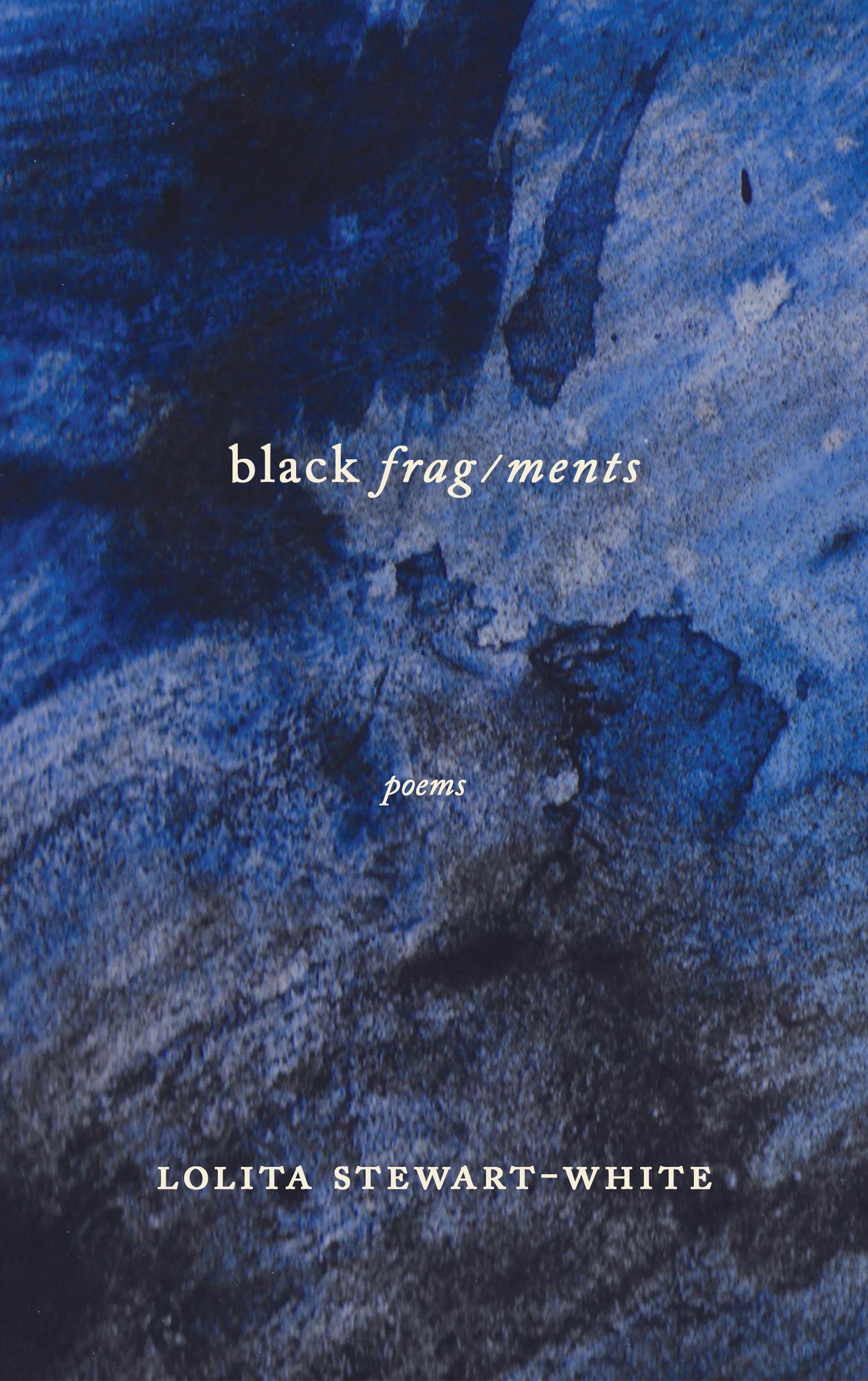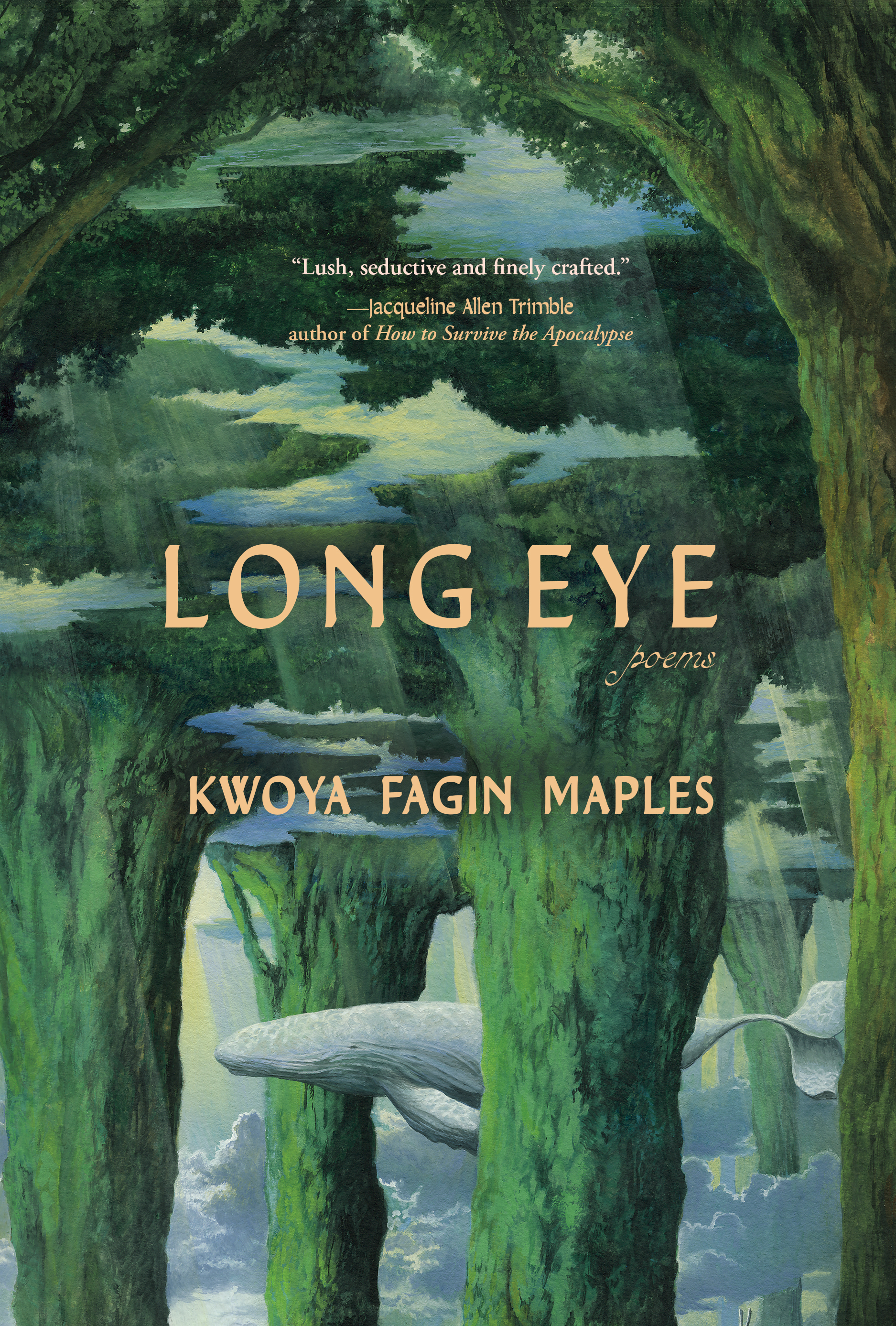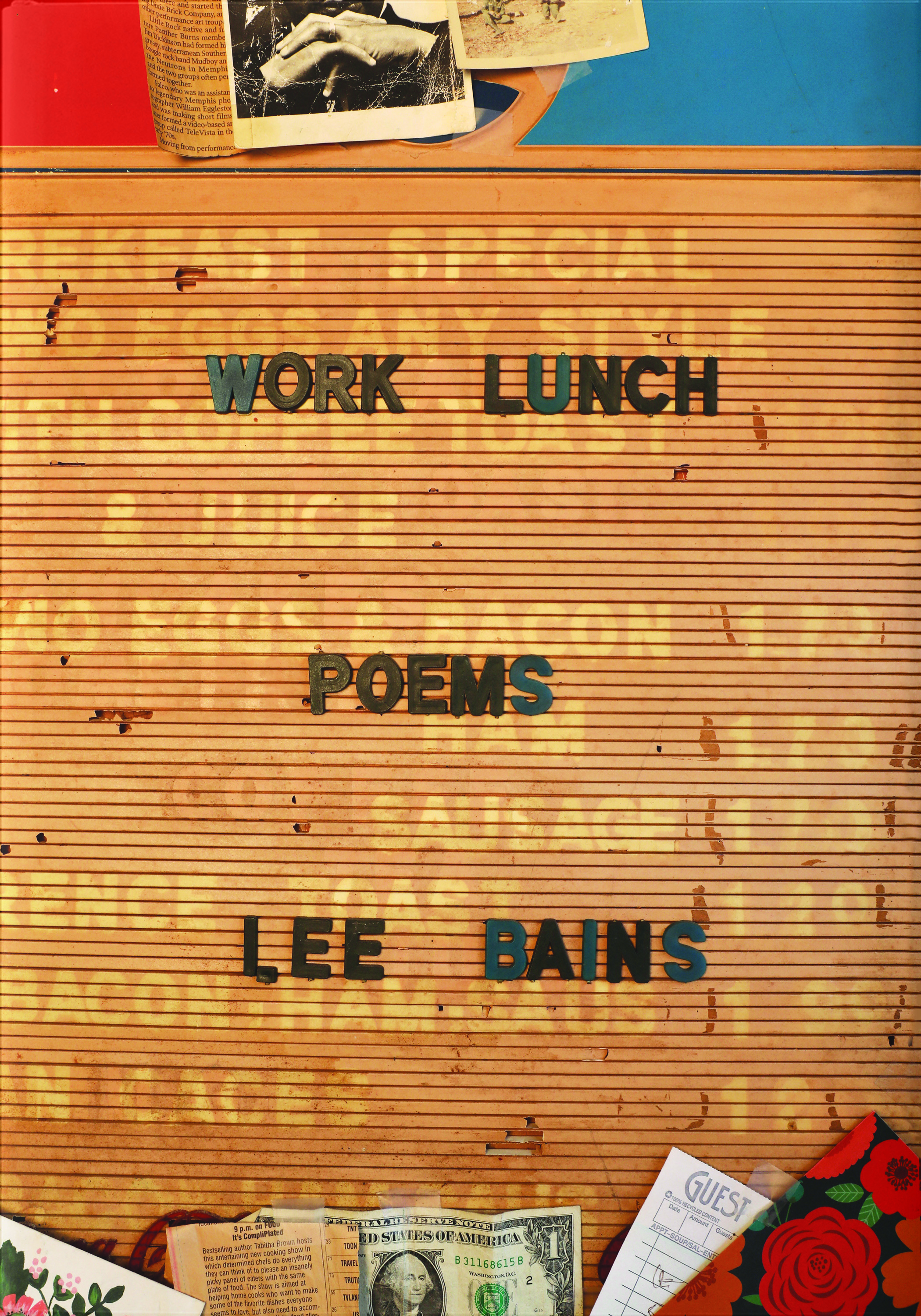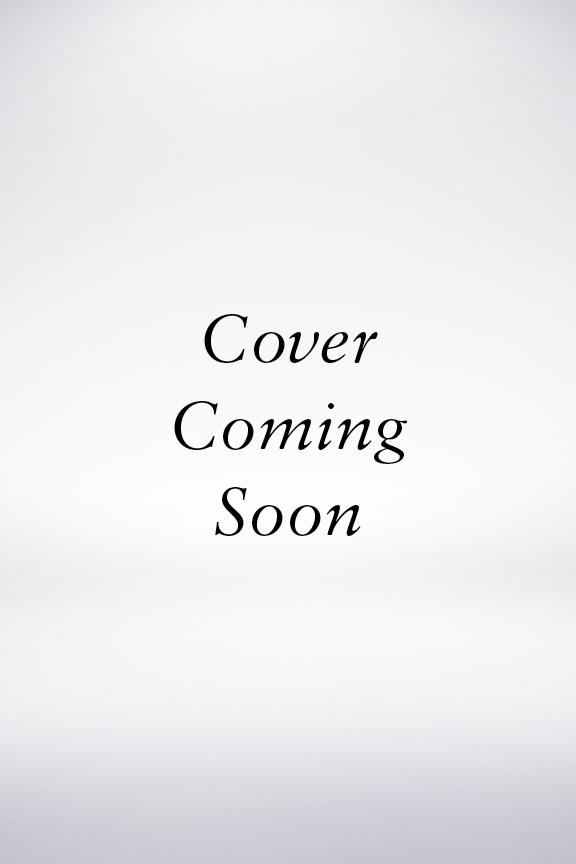Poetry
black frag/ments
by: Lolita Stewart-White
Release date: Feb 3rd, 2026
Lolita Stewart-White's black frag/ments is a breathtaking series of narrative-lyric poems about the fragmentation of the Black body, family, and community facilitated by the historic and ongoing racism in the US healthcare system.
Read More
Lolita Stewart-White's black frag/ments is a breathtaking series of narrative-lyric poems about the fragmentation of the Black body, family, and community facilitated by the historic and ongoing racism in the US healthcare system.
After her husband’s cancer diagnosis, Stewart-White finds herself haunted by the trauma Black Americans continue to face in medical settings. These poems, both brazen and tenderhearted, explore enduring love in the face of grief and hardship while drawing parallels to past injustices. Stewart-White expertly weaves ancestral and present voices together, resulting in an intergenerational archive that centers one family’s challenging journey in a broader context of how black people protest, repair, and revive.
black frag/ments was selected by Ashley M. Jones for the 2024 Deep Line Poetry Series.
Praise for black frag/ments
“black frag/ments begins with a question—‘Must I sing my warrior an elegy?’—and the poems answer with a resounding, musical yes. You don’t simply read this book, you listen to it. Each poem is a track, a cut, a groove singing the dark body, the body politic, and the beloved’s vanishing frame. The frequencies of day-to-day survival and historical trauma become lyrics of praise for the resilience and vulnerability of Blackness. Lolita Stewart-White makes metaphor of the broken and gives shape to what escapes ordinary forms. Her black frag/ments constitute a vision of recovery, witness and love.” —Terrance Hayes, National Book Award Winner, author of American Sonnets for My Past and Future Assassin
“Equal parts howl of grief and love song, Lolita Stewart-White’s black frag/ments offers an intimate glimpse of a wife’s love, sadness, anger, and bewilderment as she accompanies her spouse through a racist medical system in a nation of broken promises. In the lineage of Fred Moten, Stewart-White’s lyrical yet minimalist book is a contribution to the discourse of Black fugitivity, as the poet refuses the histories, logics, and values that would confine her and her beloved. A devastating, gorgeous, and important book.” —Sarah Rose Nordgren, author of Best Bones
“Now, I gotta get another shelf in my blk-brary for Lolita Stewart-White’s black frag/ments cause I want her joint to be able to breeve and have some elbow room enough to stir things up blk!” —avery r. young, Chicago Poet Laureate (2023-25), author of neckbone
“‘There are countless ways to dismantle a dark body:/ scalpel – whistle – rope.’” Lolita Stewart-White’s poetry collection, black frag/ments, unearths the traumas and realities of antiblackness in healthcare, how a ‘burnt-orange mountain’ becomes malignant inside a beloved, the instability of cancer, and a calling upon Black lineage for strength. Stewart-White’s poems evoke prayer, ‘do no harm/ to dark bodies’ as moments slide from the medical to the ancestral. From choruses to memory to cinematic camera pans, black frag/ments interrogates whiteness—surgeons, spaces, doctors' coats, oncology facilities, histories, tissue samples, teeth—and all that surrounds Black bodies during cancer treatment, reconstruction of existence, and intergenerational healing. Gripping and cerebral, the voices move with doubt and desire, ‘Does whiteness remember I’m part of the discussion? (a chorus) (a mob)/ Do I remember how to assert my blackness (an audience) (a shadow),’ through realms of weighted uncertainty with ancestor guidance and a deep love of partner, love of family, love of self—’I am black balm soothing.’ A book of epic fortitude.” —Felicia Zamora, author of Interstitial Archaeology
“Distilled with the economy of Lucille Clifton, rooted in historical racism, and evocative of Billie Holiday’s fierce blues, Lolita Stewart-White has woven a tapestry of poems whose visual typography and forthright language are as visceral as their very subject matter: the story of the body in all its various manifestations, both literally and figuratively, mortal and immortal. The body as repository of true love and ancestral joy, as memoirist and survivor of racial trauma, as the vessel of both illness and healing, as the keeper of anguish and wellspring of hope and triumph.” —Richard Blanco, 2013 Presidential Inaugural Poet, author of Homeland of My Body







